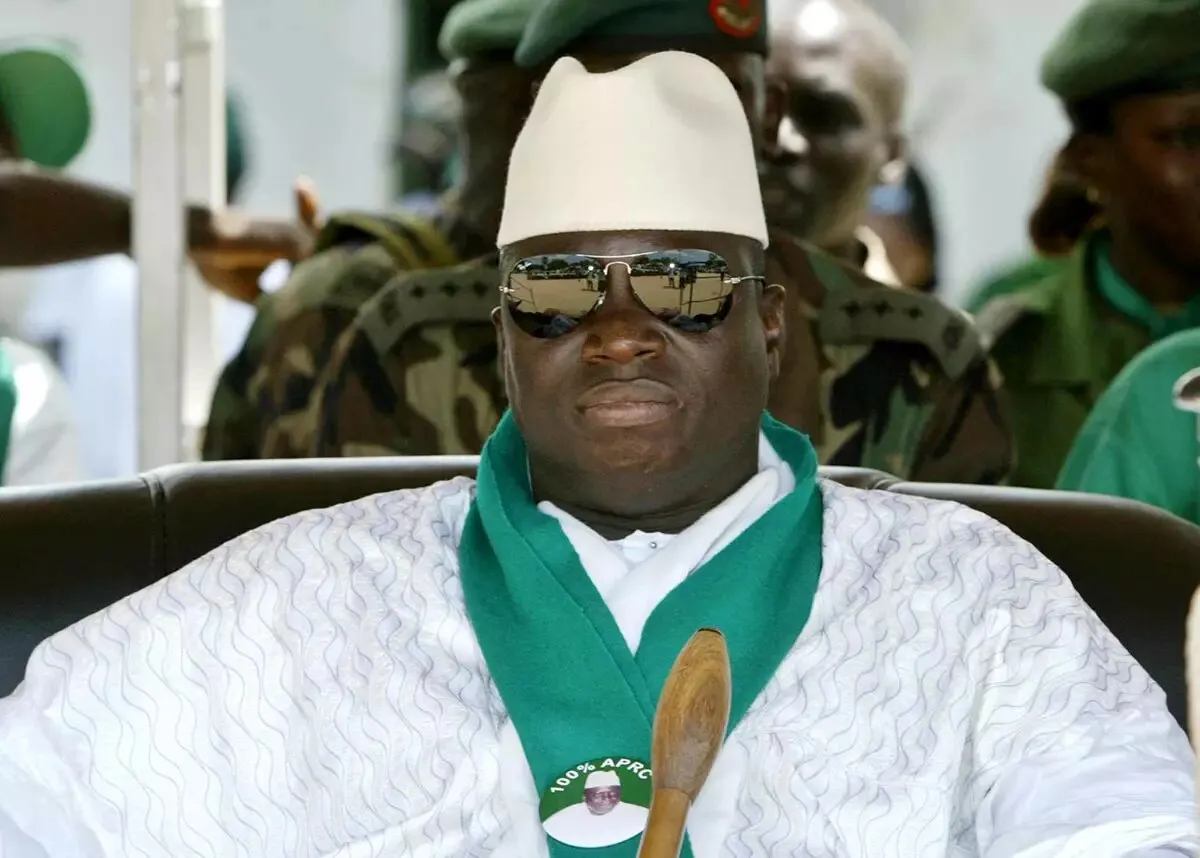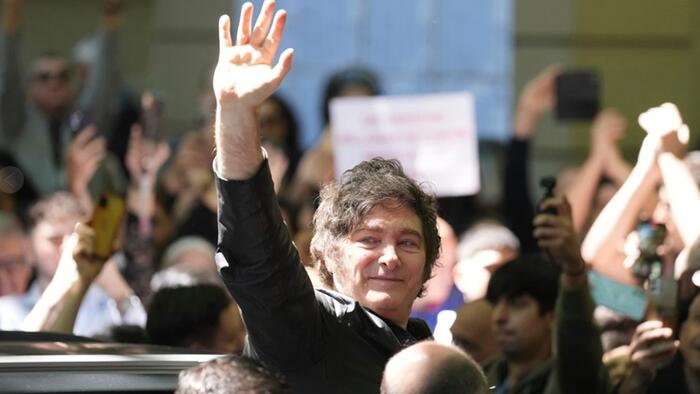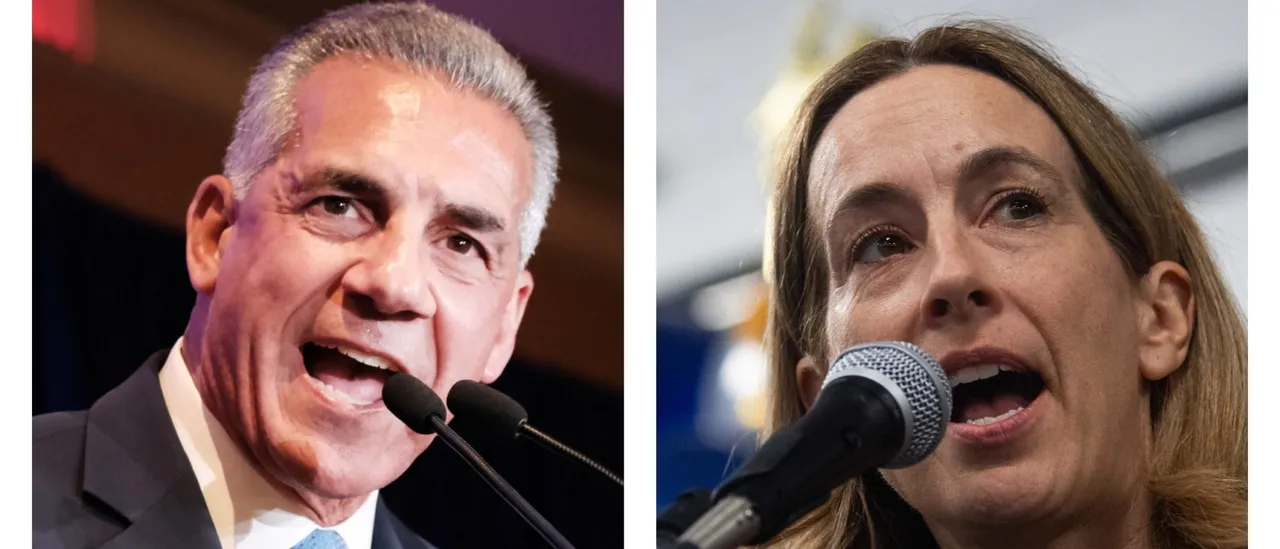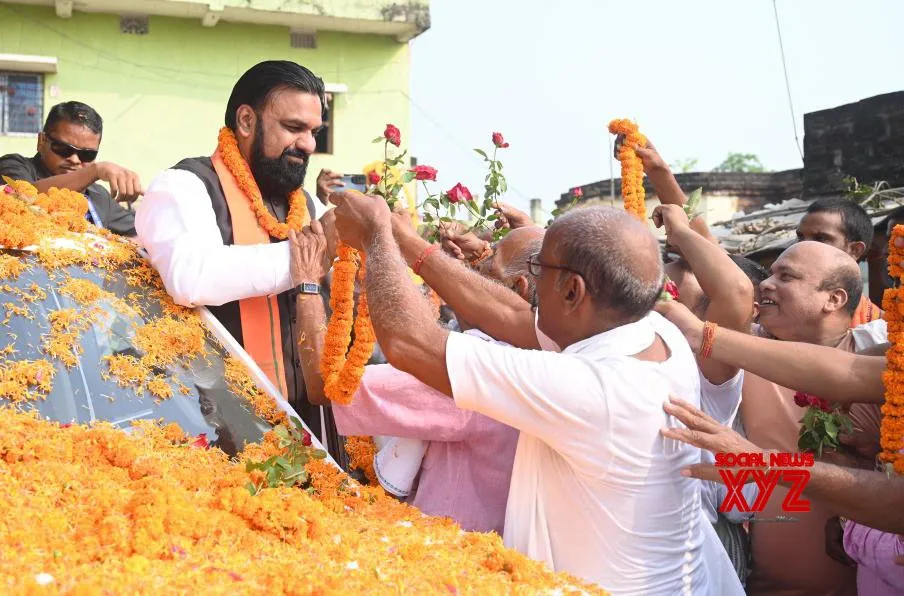Copyright standard

By David Kujabi In the Gambia, political drama continues unabated with ever more interesting episodes. On Saturday, we witnessed a massive welcome of UDP’s leader, Lawyer Ousainu Darboe. For a moment, the whole place was painted yellow, yet, less than 24 hours later, Kanilai became green as supporters of Jammeh converged in thousands to listen to an audio recording of him, from his base in Equatorial Guinea. The next episode of this never-ending political drama is set to premiere on 1 November in Sukuta for a “massive” NPP rally, but until then, let’s focus on Jammeh and his shenanigans. In a pre-recorded address to his supporters, Jammeh declared that he would “soon return” to his homeland. This message, although not new, was received with joy by his supporters, while for others, his announcement has triggered unease. How could a man accused of egregious human rights abuses still inspire such loyalty? For his supporters, the message rekindled hope. For others, it reopened old wounds. The reactions expose a fundamental truth about Gambian politics: Yahya Jammeh remains politically and symbolically relevant, not necessarily because of who he is, but because of what has not changed since his departure. Africa’s postcolonial history offers several examples of exiled leaders who, despite losing power, remained influential in their countries’ political landscapes. Their trajectories reveal a pattern that blends nostalgia, unresolved justice, and the persistence of personalist rule. In The Gambia itself, the story begins with Sir Dawda Kairaba Jawara, who was deposed in 1994 by Yahya Jammeh. Jawara went into exile in Senegal and later the United Kingdom, only to return home peacefully in 2002 after being granted amnesty. He resumed no political ambitions, instead adopting the role of a national elder and advocate for unity. His return represented closure, the end of an era and the consolidation of a new one. Elsewhere, former leaders have followed varied paths. François Bozizé of the Central African Republic, Abdoulaye Wade of Senegal, Jean-Pierre Bemba of the Democratic Republic of Congo, and Botswana’s Ian Khama all experienced periods of exile or political withdrawal, only to re-enter public life under different circumstances. In each case, exile became less a punishment and more a strategic pause, a waiting room for relevance. Jammeh’s situation bears echoes of these precedents, but with notable distinctions. His exile was not a negotiated transition; it was an escape from regional military pressure after he refused to concede electoral defeat in 2016. His continued influence, through the APRC party (and I mean this for both factions of the party – alliance and no to alliance) and loyalist networks, suggests that the structures of his rule were never fully dismantled. At the heart of the debate surrounding Jammeh’s potential return is the question of whether he has a right, legal or moral, to do so. Following the 2016 crisis, ECOWAS, the African Union, and the United Nations issued a Joint Declaration affirming that Jammeh “reserved the right to return to The Gambia at any time of his choosing.” Yet, no formal amnesty or signed agreement guaranteeing his immunity from prosecution has ever been made public. The Gambian government itself has denied knowledge of any such arrangement. This ambiguity has allowed Jammeh to frame his exile as temporary, a voluntary absence rather than an enforced banishment. His narrative of “return” serves both as a political signal to his supporters and a provocation to the state. It is a way of asserting continued legitimacy in a political space that has not fully reconciled with his legacy. Jammeh’s continued relevance stems from multiple, intersecting factors. First, his 22-year rule entrenched a network of loyalty within the military, traditional leadership, and segments of rural communities that remains intact. His supporters, particularly in the Fonis, view him not as a fugitive but as a protector and benefactor. Second, and perhaps more significantly, the Barrow administration has struggled to project a clear and transformative alternative. Governance deficits, persistent corruption, and economic stagnation have fostered disillusionment. For citizens disenchanted with the slow pace of reform, Jammeh’s authoritarian decisiveness is remembered with reluctant nostalgia. Third, The Gambia’s transitional justice process, though laudable in principle, has been protracted in practice. The Truth, Reconciliation and Reparations Commission (TRRC) documented extensive atrocities under Jammeh’s rule and recommended prosecution, but implementation has been slow. The establishment of a Special Tribunal for The Gambia in partnership with Ecowas in 2024 is a step forward, yet justice delayed continues to cast doubt on the state’s commitment to accountability. In this context, Jammeh’s symbolic presence fills both a political and emotional void. His myth survives because the transition remains incomplete. The contrast between Sir Dawda Jawara and Yahya Jammeh offers a useful reflection on leadership, legacy, and the meaning of political closure. Jawara’s return from exile was marked by humility and statesmanship. He sought no revenge and re-entered national life as a reconciler. Jammeh, by contrast, speaks the language of unfinished power. His rhetoric of divine mandate and destiny positions him not as a repentant former leader, but as a suspended ruler awaiting restoration. Where Jawara’s return represented national healing, Jammeh’s proposed return threatens renewed division. It challenges the moral and institutional gains of The Gambia’s democratic rebirth. Jammeh’s continued relevance exposes the fragility of The Gambia’s democratic project. The Barrow government’s legitimacy depends not only on elections but on its capacity to govern differently, to deliver justice, uphold accountability, and inspire confidence in democratic institutions. So far, that promise remains uneven. The perception that the current government tolerates corruption and co-opts former Jammeh loyalists has blurred the moral contrast that once defined the post-2016 transition. In such an environment, Jammeh’s name retains potency, not because people have forgotten his excesses, but because they no longer feel represented by those who replaced him. Ultimately, the endurance of Jammeh’s influence reflects a broader African pattern: the persistence of personal rule even after leaders depart. As long as power is personalised rather than institutionalised, exile will not extinguish influence. In conclusion, the question is no longer whether Yahya Jammeh will return, but what his continued relevance reveals about The Gambia’s political evolution. His shadow persists because the structures of accountability remain weak, and the promise of a new moral order remains unfulfilled. The real test of the Gambian transition, therefore, is not the fate of Jammeh in exile, but the ability of the nation to move beyond him in substance and spirit. Until leadership delivers both justice and development, the ghost of Yahya Jammeh will continue to haunt Gambian politics, not as a man seeking a return, but as a symptom of what has yet to change.



